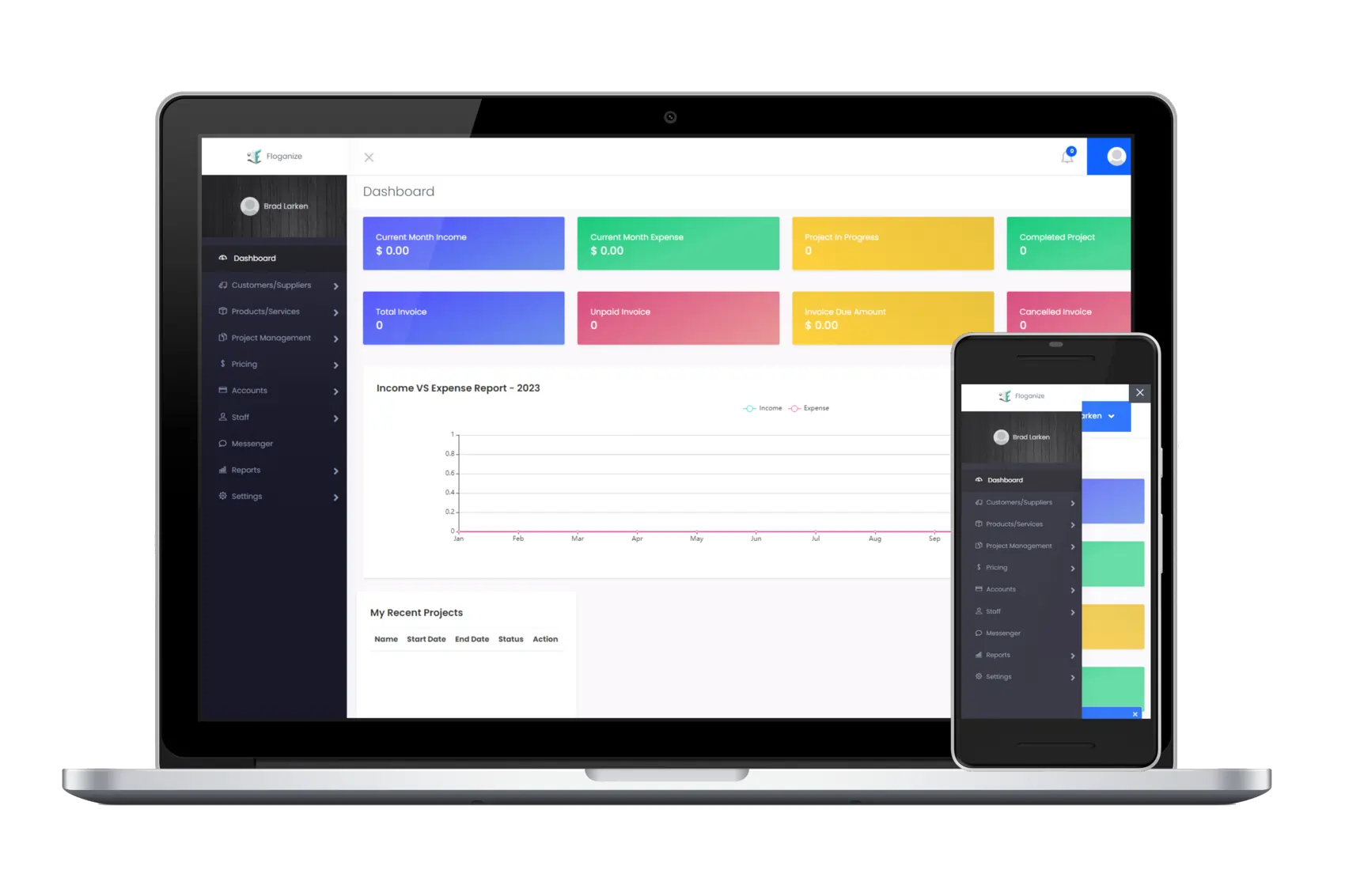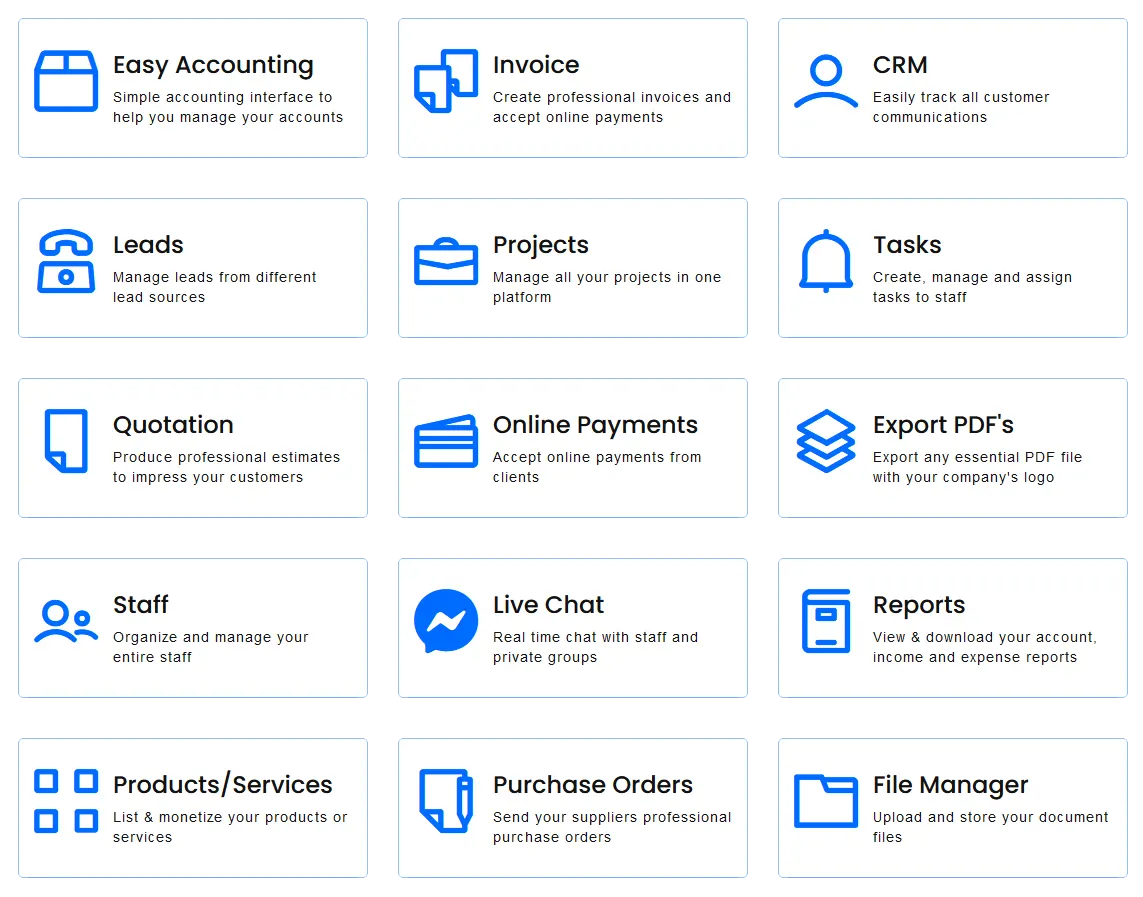Lead Generators: Your Business's Secret Weapon
Lead Generator Types

There are many different types of lead generators, and each one can be effective in its own way. One common type of lead generator is a landing page, which is a standalone web page that is designed to capture the contact information of visitors. Landing pages typically include a form that visitors can fill out to request more information or to sign up for a newsletter or other promotional materials. They are often used in conjunction with pay-per-click (PPC) advertising, where businesses pay a fee each time someone clicks on one of their ads.
Another type of lead generator is a lead magnet, which is a free resource or incentive that is offered in exchange for contact information. Lead magnets can be anything from ebooks and whitepapers to webinars and free trials. They are an effective way to attract potential leads by offering valuable content or resources that can help solve their problems or meet their needs.
Social media is another popular lead generator, as it allows businesses to reach a large audience and engage with potential leads. Platforms such as Facebook, Twitter, and LinkedIn offer a variety of tools and features that can be used to capture contact information and nurture leads. This can include sponsored posts, lead generation forms, and retargeting ads.
In addition to these more traditional lead generators, there are also newer technologies that can be used to capture leads. For example, chatbots and artificial intelligence (AI) can be used to engage with website visitors and collect their contact information.
Who Uses Lead Generators

A variety of businesses and organizations can use lead generators. Some common examples include:
– B2B companies: These types of businesses often use lead generators to identify potential clients and partners, and to gather information about their needs and interests.
– B2C companies: Consumer-focused businesses may use these tools to gather information about potential customers and to generate leads for sales teams.
– Market research firms: These organizations may use these tools to gather data about consumer attitudes and preferences.
– Non-profits: Non-profit organizations can gather information about potential donors and volunteers by utilizing these tools.
– Political campaigns: Political campaigns can gather information about potential voters and they can build lists of supporters by using lead generators.
3 Reasons to Use Lead Generators
Here are three reasons why businesses might use lead generators:
1. To generate more leads: Lead generators are a useful tool for businesses that are looking to increase the number of leads they are getting. By using lead generation techniques, businesses can attract more potential customers and add them to their sales funnel.
2. To save time and resources: Generating leads can be a time-consuming and resource-intensive process, especially for small businesses that don’t have a large marketing budget or team. Using lead generators automates the lead generation process, freeing up time and resources for other tasks.
3. To target specific audiences: Businesses can target specific audiences based on demographics, interests, and other factors. It’s especially useful for businesses targeting a specific market segment to ensure maximum effectiveness of their marketing efforts.
How to Use Lead Generators

There are many different ways to use lead generators to capture the contact information of potential customers or clients. Here are a few tips for effectively using lead generators:
1. Determine your target audience: Before implementing any lead generator, it is important to understand who your target audience is and what they are looking for. This will help you identify the most effective lead generators and tailor your marketing efforts to your target audience.
2. Offer valuable content or resources: One of the most effective ways to use lead generators is by offering valuable content or resources in exchange for contact information. This can be anything from ebooks and whitepapers to webinars and free trials. By providing valuable content or resources, you can attract potential leads who are interested in your products or services.
3. Use lead magnets to entice visitors: Lead magnets are free resources or incentives that are offered in exchange for contact information. They’re an effective way to attract potential leads and can be used with landing pages or social media campaigns.
4. Utilize social media: Social media platforms such as Facebook, Twitter, and LinkedIn offer a variety of tools and features that can be used to capture contact information and nurture leads. This can include sponsored posts, lead generation forms, and retargeting ads.
5. Test and experiment: The best lead generator will depend on the needs and goals of your business. It’s important to test different lead generators to determine the most effective method for capturing/nurturing leads for your business.
Follow these tips to effectively capture potential customer’s contact info and nurture them into leads using lead generators.
Summary
To summarize, lead generators are essential for identifying and nurturing potential leads. Using landing pages, lead magnets, or social media, these tools can capture the contact information of potential customers and clients.
Ultimately, the best lead generator will depend on the needs and goals of your business. Experiment with various lead generators to identify the most effective ones for capturing and nurturing leads for your business.
Floganize – The All-In-One Business Management Software
If you want to learn more about our powerful business management software, then please click here to view the Floganize tutorials educational page. You can sign up today for a free 14-day trial! Simply click here and enjoy all of the powerful features that will simplify your daily business tasks!


